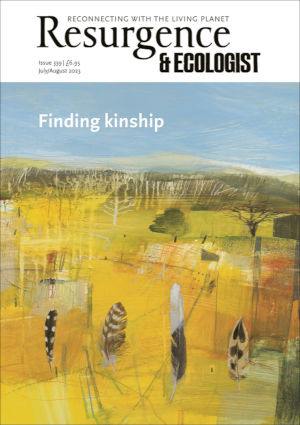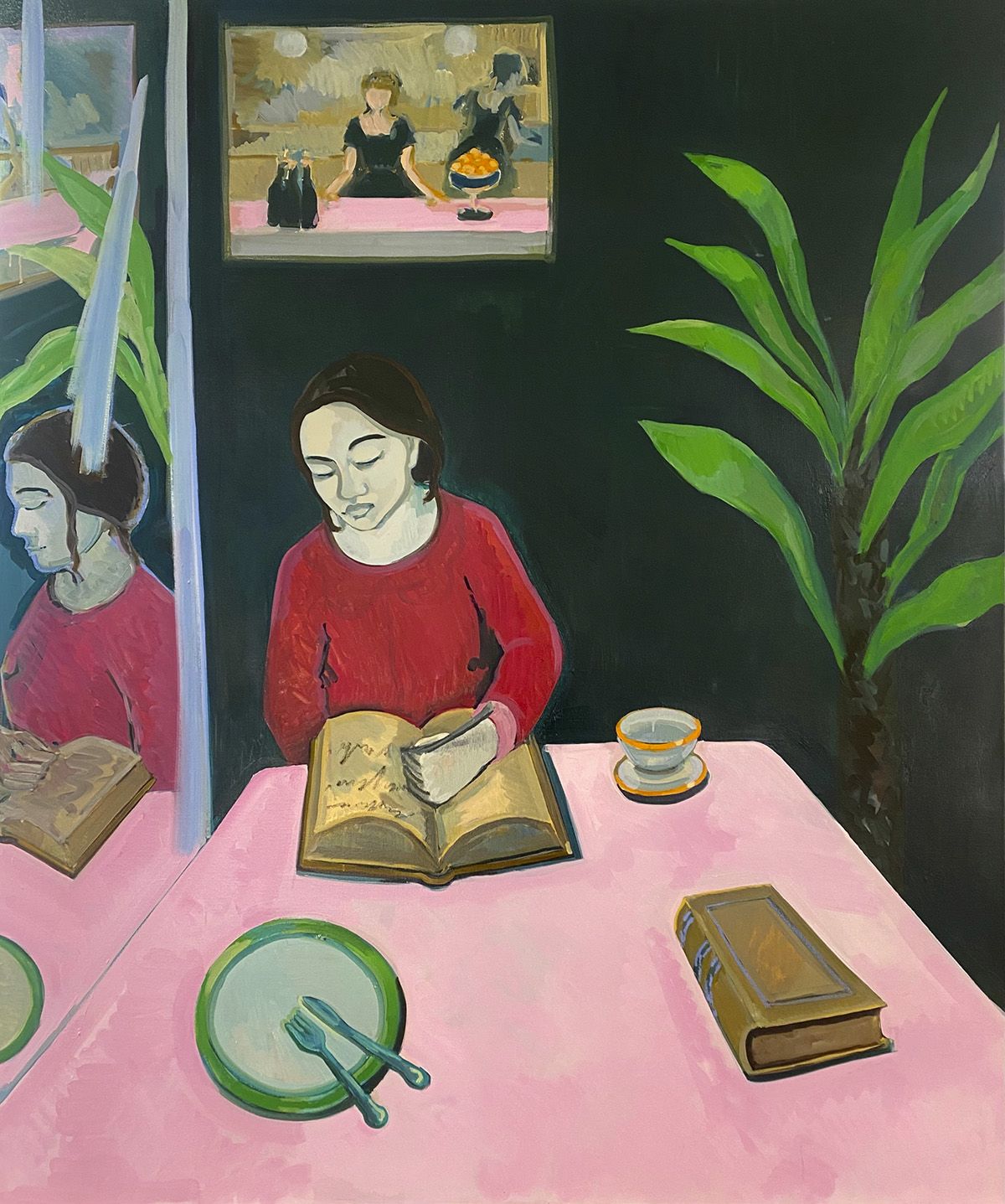My daughter’s off school today. Call it what you will – a duvet day, a mental health pause, a firebreak. Fitting into the system often takes its toll and requires some recovery time. I’m relieved for the freedom and flexibility of my work as a freelance writer. No awkward call to make to a boss. I can muddle by.
I am one of 6 million unpaid carers reported in the latest census figures for the UK. We are the silent legions who take care of others with illness and disability. Maybe our parental responsibilities go beyond the norm, or we have become the parent to our parent or partner. We deal with the appointments, the interminable form filling and the constant advocating, alongside the actual daily needs of the person we care for.
Disproportionately women unpaid carers are propping up society at great cost to our own ambitions, health and careers. You’d think we might be better recognised for this. After all, the monetary value of unpaid care is estimated by Carers UK to be £193 billion per year.
Many jobs do not combine easily with caring. The unpredictability and variability of someone’s needs can make you an unreliable employee even if you are by nature the most reliable person in the world. It’s that dismal ache of being torn in two, and of failing twice. And whilst those with young children have the goal of their independence within an expected time frame, many carers don’t have that certainty. Their dependents may need their close support for life.
For many carers, writing is a salvation. On a practical level, writing can be done from home, in snatched moments, early morning, post bedtime and while waiting. It is an outlet and almost a form of free therapy or at least processing. The creativity of writing brings respite from menial repetitive tasks or from the worry that frequently goes hand in hand with caring. Writing is an act of creation when so much of life feels like dealing with what the tide washes in, only to know it will be the same again tomorrow.
This year, the symbiotic and restorative role of writing alongside caring is in the spotlight. Twelve Moons: A Year Under a Shared Sky is a new memoir by Caro Giles that explores notions of extreme motherhood – caring for a neurodivergent, not-school-shaped daughter – while drawing on the strength that writing brings to forge a sense of the woman beyond the carer. The predawn candlelit ritual of writing gives Giles a powerful reason to persist. She writes, “My revolution isn’t a grand gesture, it’s pushing laundry to one side so I can fit my laptop on my desk. It’s telling my children that their voices matter. It’s informing myself and politely but fiercely advocating. It’s rising early and tapping my gentle rebellion into words.”
Giles tells me that writing brings her power and clarity: “When I write, I am able to unpick the messy web of broken systems and overworked professionals and hone in on what matters to remember that I can be enough and that I am strong.” This sends a strong thread of connection into the world that as a reader I grabbed with both hands. It was the first time I had experienced aspects of my parenting life reflected in such a stark yet beautiful way.
Meanwhile, the inaugural Curae Prize has been launched this year. It is a writing competition created just for carers by Anna Vaught, an author who understands the challenges from personal experience. Vaught explains: “I have always felt that writing – and creativity more broadly – can be at the core of who we are; they’re not a luxury, but at the centre of your life, sustaining you, keeping you well and refreshed.”
Vaught’s aim is for “writers to be heard, seen, included, and understood. If you want to write – including aiming for publication – it can be hard to find confidence, time and energy.” The Curae is designed to work for carers. It’s free to enter and the prizes are flexible because having time for mentoring or a retreat is impossible for some. Entries have closed for this year, but Vaught intends it to be annual, with a category for young carers too.
Vaught shared some heart-breaking background about the entrants. Many are caring for multiple people, and many are disabled or managing their own chronic illness alongside caring. Some entrants wrote their entry in the car, or while waiting at hospital, or in stolen moments in the night. One explains: “Writing has given me something I couldn’t quite manage in any other creative way.”
The Curae anthology, compiled from shortlisted and winning entries, will be published at the end of November this year. October sees the publication of Vaught’s The Alchemy: A Guide to Gentle Productivity for Writers, about writing a book alongside challenges such as illness, caring or grieving.
The industry is responding, too. The Good Literary Agency was founded in 2018 explicitly to represent British authors from backgrounds under-represented in UK publishing. This includes writers of colour, writers with a disability, LGBTQ+ writers, and unpaid carers. It recognises that for many people to even get to the start line of writing, they will have already overcome many obstacles.
Taking the step to share your words, just onto the page, or by entering a competition, querying an agent or submitting to a publisher, is a declaration of self. A fighting of the invisibility of the carer’s role, shut away behind closed doors.
For me, writing is the way I have found to earn a small, flexible living while protecting my sense of identity. Writing about Nature gives me permission to escape and immerse myself in the wild. It’s an inheri-ted strategy. My granny, Muriel Brook, wrote poetry alongside a lifetime of caring for her son, who has cerebral palsy.
I’d like to finish with some brilliant words of advice from Giles about how to write when life is tough and busy: “Try not to be overwhelmed. I wrote my book by writing maybe 300 or 500 words and gradually building on that. Although the words need to be put onto the page, writing is much more than that – my book involved a lot of thinking amongst the caring and note-making in the kitchen or on the allotment. Getting the words down was the last piece of the puzzle.”
If you’re a carer, what words are hidden under the daily grind? How might you find your voice?








